Saulteaux man recounts racism he faced during 2009 Saskatoon city council election
Derek Rope says his lawn signs were vandalized and campaigners faced hurtful comments while doorknocking
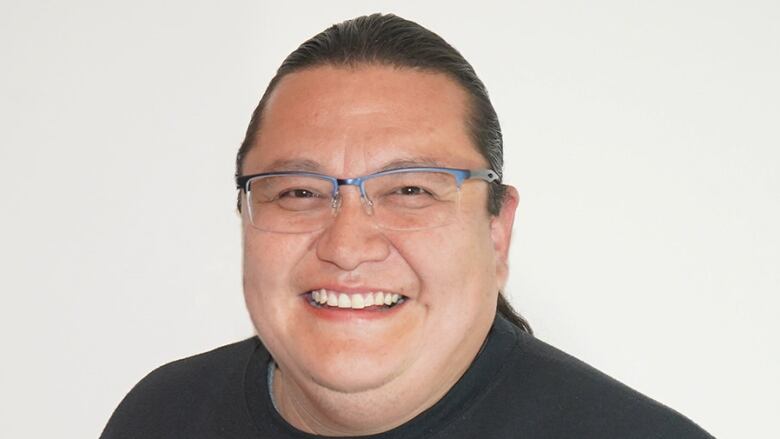
Derek Rope says he was teaching eitherEnder's Game or Romeo and Julietto his Grade 10 classroom when a student said something he has not forgotten to this day.
"My grandma said she's not going to vote for you, Mr. Rope, because you're an Indian,"Rope recalls the student saying.
It was the fall of 2009. Rope, a Saulteauxman from Pasqua First Nation, was interning at a Saskatoon school. He was also deep into his bid to win the Ward 3 seat on city council.
"It was disheartening," Rope said of the remark, even though he believed the student was trying to bring it up "in a more diplomatic way."
"I know we're not going to be innocent forever, but it's kind of like, wow, those are some pretty deep-seated thoughts," he said.
That classroom exchange was only one of several eye-openers on the state of race relations in Saskatoon during his campaign, Rope said.
"I had things like 'Die, Indian, die' written on my lawn signs. I had [volunteers] come after doing door knocking on numerous occasions talking about how they were met with individuals that questioned why they'd be working for 'an Indian,'" he said.
"It unfortunately happened a lot more than I think people would have imagined."
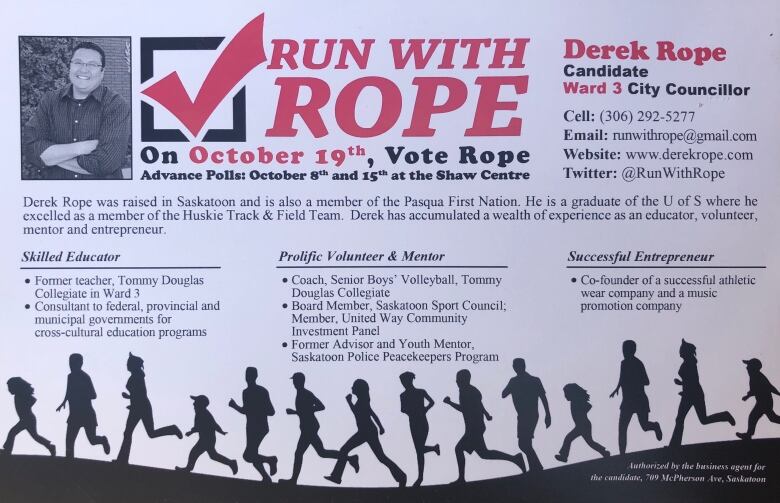
Running on his own merits
Rope, now 44, said he didn't run for city council just to be its first openly Indigenous member.
"I wanted to be known for the leadership skills and the ideas and the perspectives and the innovative thoughts that I think I would have brought to the table."
But he knew some people would want to make his race the "focal point" of his candidacy.
"We tried to have conversations to best prepare people for that," he said.
Some of Rope's campaign workers reported hearing hurtful comments from their own acquaintances, he said.
"When we debriefed [after door knockings], I said, 'I'm really sorry that you had to be a part of that. But by not telling me or not sharing, you're not protecting me,'" he said.
"That's the conversation that I knew was going to happen regardless because it's a conversation running for city council or not I have on a daily basis."
A teachable moment
Rope said he did not expect that conversation to spill over into his classroom. He described findinghimself with 20 sets of staring eyes, waiting to hearhis response.
"What I say can actually have an impact on how these youthare going to be having this conversation outside of the classroom," he remembered thinking.
"My immediate response was, 'Well, you know, she shouldn't vote for me either just because I'm First Nations or I'm Indigenous.'"
He said he was trying to instill in the students that people shouldn't be judged based on things like the colour of their skin or their sexual orientation.
"Those things are perspectives that should be celebrated and should be wanted at the table."
Rope lost the election to incumbent Maurice Neault, who had held the seat since 2003. Ropedoes not believe he lost in 2009 because of his race.
"There were many [election] issues," Rope said.
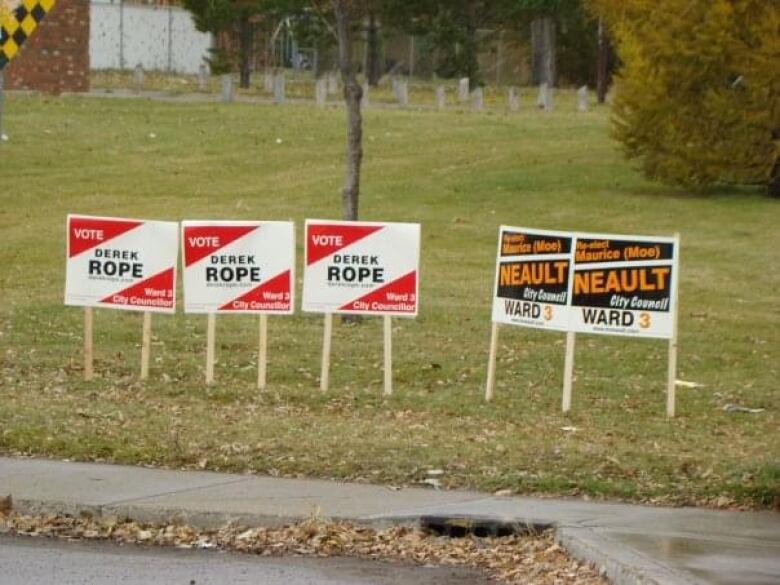
Neault, as it happens, had some Mtis heritage within his family, although people likely knew him more as an active member of various community groups, according to his brother Norm Neault.
While Maurice (who died in 2011) would not shy away from admitting his heritage if asked, it was not something he promoted, Norm said.
Chris Sicotte, a Mtis man from Cumberland House, Sask., who has previously chaired the Greater Saskatoon Chamber of Commerce, has announced his candidacy for Ward 3 in this November's municipal election.Current councillor Ann Iwanchuk has announced she won't seek reelection.
"I can't hide the fact that I'm Indigenous," Sicottesaid, adding thatminority candidates are burdened witha heightened sense of "resistance."
He saidhe's prepared for that.
"You've always got to keep that in the back in your mind: that you're probably going to encounter at least one or two individuals who aren't going to support you strictly because of your race."
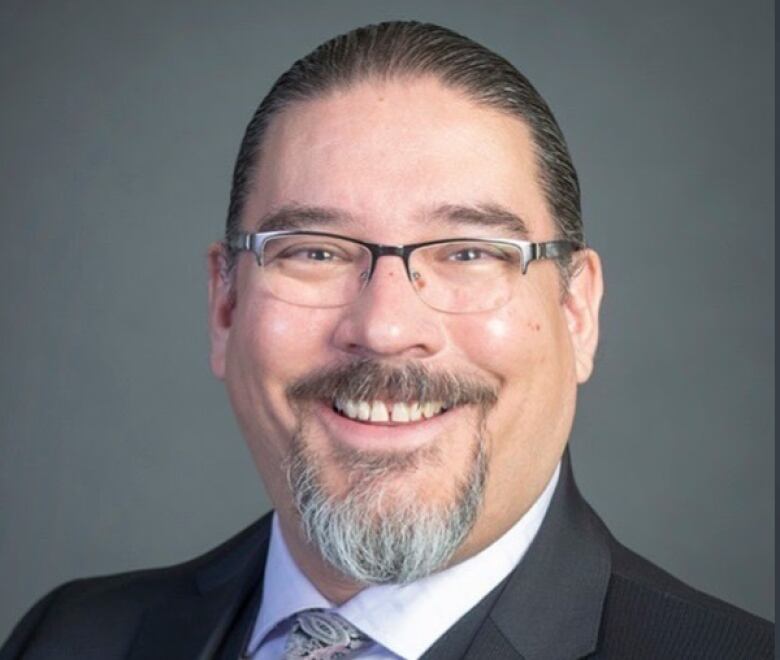
Few minorities have run for or sat on city council, a fact Sicotte said he hopes changes.
"Definitely on the municipal level it's not reflective of the populations that we have there,"Sicotte said.
About 11 per cent of Saskatoon's population is Indigenous, according to the 2016 census. Out of a city population of 246,376,atotal of27,310 people identified as either"Aboriginal,"Mtis or Inuit.
Saskatoon city council currently has one Indigenous member, Zach Jeffries, who is a member of the Missanabie Cree First Nation in northern Ontario.
Jeffriestold the Saskatoon Star-Phoenix during the 2016 municipal election that his heritage is "not something I've specifically publicized."
"I haven't had a lot of people ask me much in the way of personal questions at all," Jeffries told CBC News this week.
He said that for the most part people want to talk about issues facing the city.
"But I'm fully aware that ifmy gender were different or I had been a little bit younger or my skin tone was a little bit darker, that I might not be able to say that that's the experience I've had."
Jeffries said one of the reasons he hasn't touted his Indigenous ancestry is because "I don't claim to have as many of the same lived experiences that many Indigenous people have in our community. I haven't felt that same sense of discrimination that many people get based on their skin colour or other attributes."
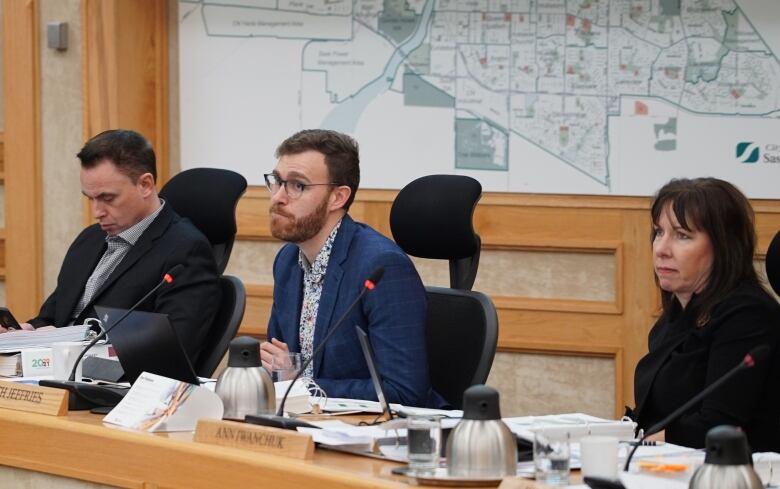
'The narrative is changing'
Despite being asked to run again, Rope said he will sit out the 2020 election.
"I'm at a different point in my life," he said, citing his family and his growing consultancy business.
He said he admires those who are pushing ahead.
"You're putting your chin out there for the good, the bad, and the ugly," he said.
Rope said support within the Indigenous community has always been strong. What's changed since 2009, he said, is that the conversation about inclusivityand diversity has grown across all segments of society.
"We all have our role in how this city, province and country develops," he said. "Although we haven't arrived ... the narrative is changing."
Rope had some simple advice for any candidates who might faceracism in Saskatoon today.
"[Don't] let that discourage or distract them from the good things that they have and the power that they have inside themselves."












_(720p).jpg)


 OFFICIAL HD MUSIC VIDEO.jpg)
.jpg)



























































































